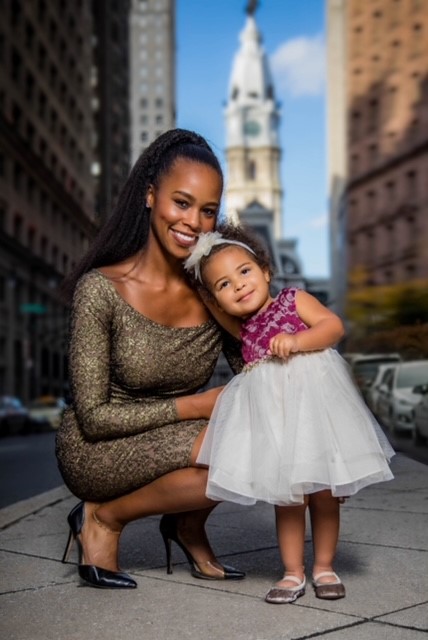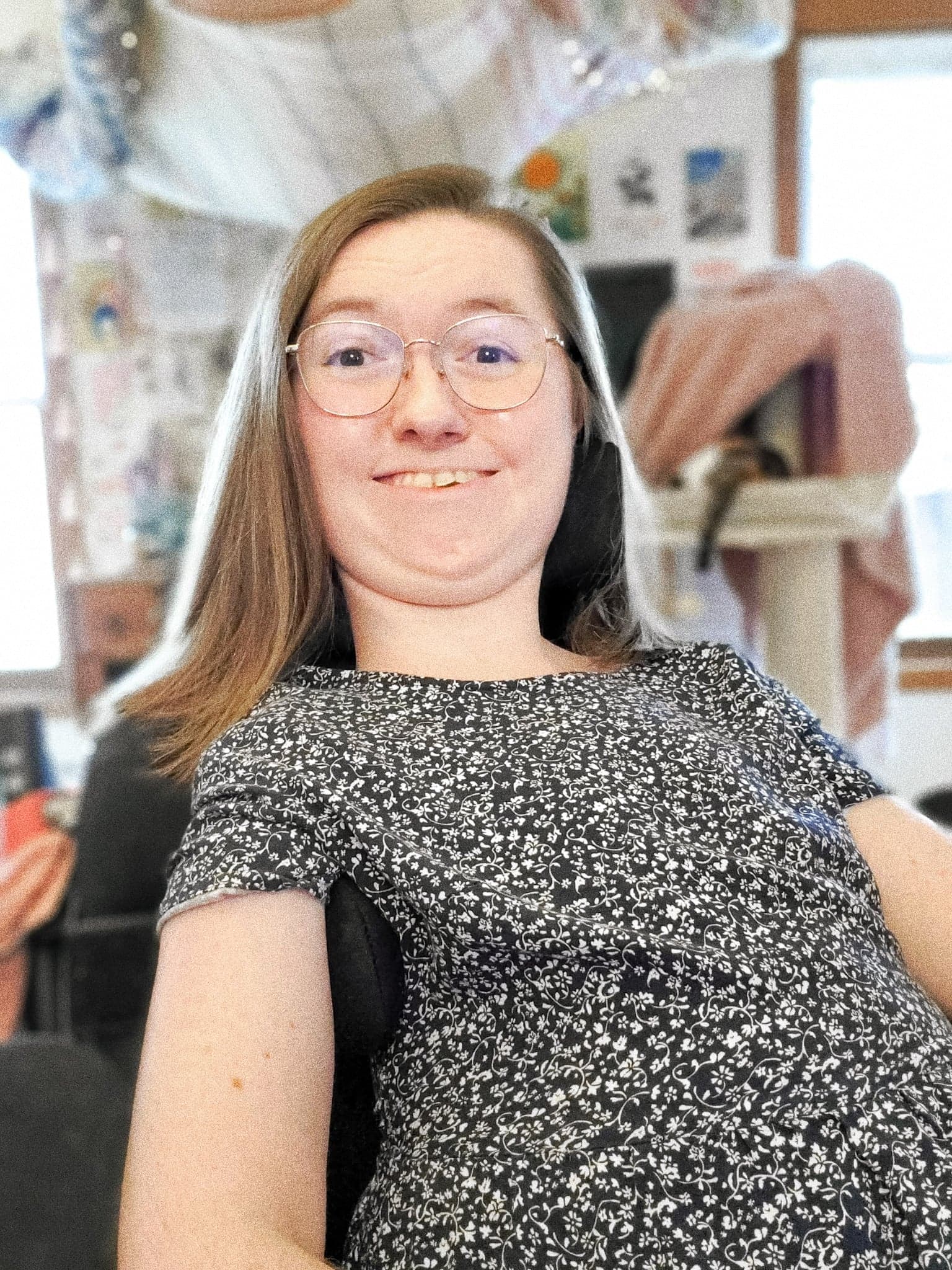I first discovered my passion for music when I was singing songs on the radio at two years old. A few years later, I enrolled in piano lessons, and I thought it was the coolest thing to be able to create music myself. My parents felt that I had a unique ability that many people didn't have.
When I started creating my own songs with my own lyrics, music allowed me to express myself however I wanted to, and that was invaluable. Music would allow people to see me for who I really was, and it became a huge part of my identity going forward. I knew that I didn't feel like myself if I wasn't creating or performing music, so I made music a part of my daily life. I feel whole and complete when I'm writing and performing, and over the years, just by following my passion, others have attached music to my identity. It's a given and it can't be separated from who I am.
“Music was the biggest factor that helped me incorporate spinal muscular atrophy (SMA) into my identity. It gave me a way to be transparent with my disability. And because of it, I developed so much pride and confidence regarding my disability and my sense of self.”
Through music, I was introduced to other art forms, and I've learned so much more about myself through multiple methods of creative expression.
For me, music is a form of self-expression - similar to fashion. I also love expressing myself through what I wear, and I've been conscious of my fashion choices since I was in middle school. My introduction to fashion came through basketball shoes. I remember being 12 years old and my grandma buying me a pair of my favorite player's signature shoes. I can still remember the feeling of wearing them to school for the first time and getting so many compliments! I was hooked, and it was at this moment when I realized that I needed to build my outfits around my shoes. Having multiple options for shoes really allowed me to expand my wardrobe and be bold with my choices.
In high school, and even more so in college, I became known for my style. It's a really big part of my identity, and it even helped me display my disability more prominently. When I was first diagnosed with SMA, I wanted to hide from the world. But because I loved being bold with fashion, my outfits would be bright or unconventional, and I felt this brought attention to me. It helped me to become really comfortable in my skin, which made me want to highlight that I walked with a limp because of SMA. I even incorporated accessible elements (that were also stylish) into my clothing.
Along with creating my music, I've cultivated my own style for the majority of my life, and following that passion has played a gigantic part in shaping who I am. It says so much about who I am without me saying a word.


